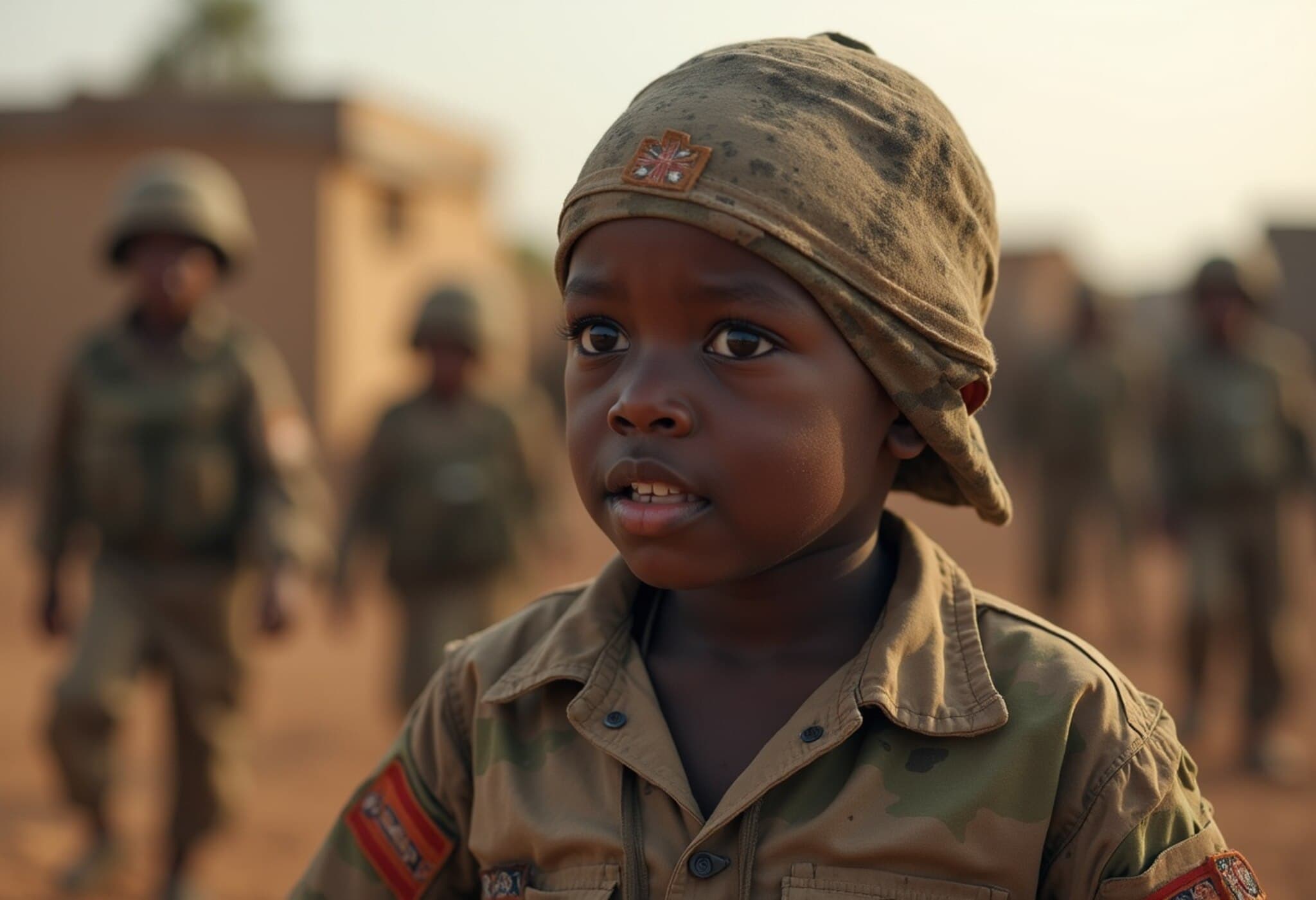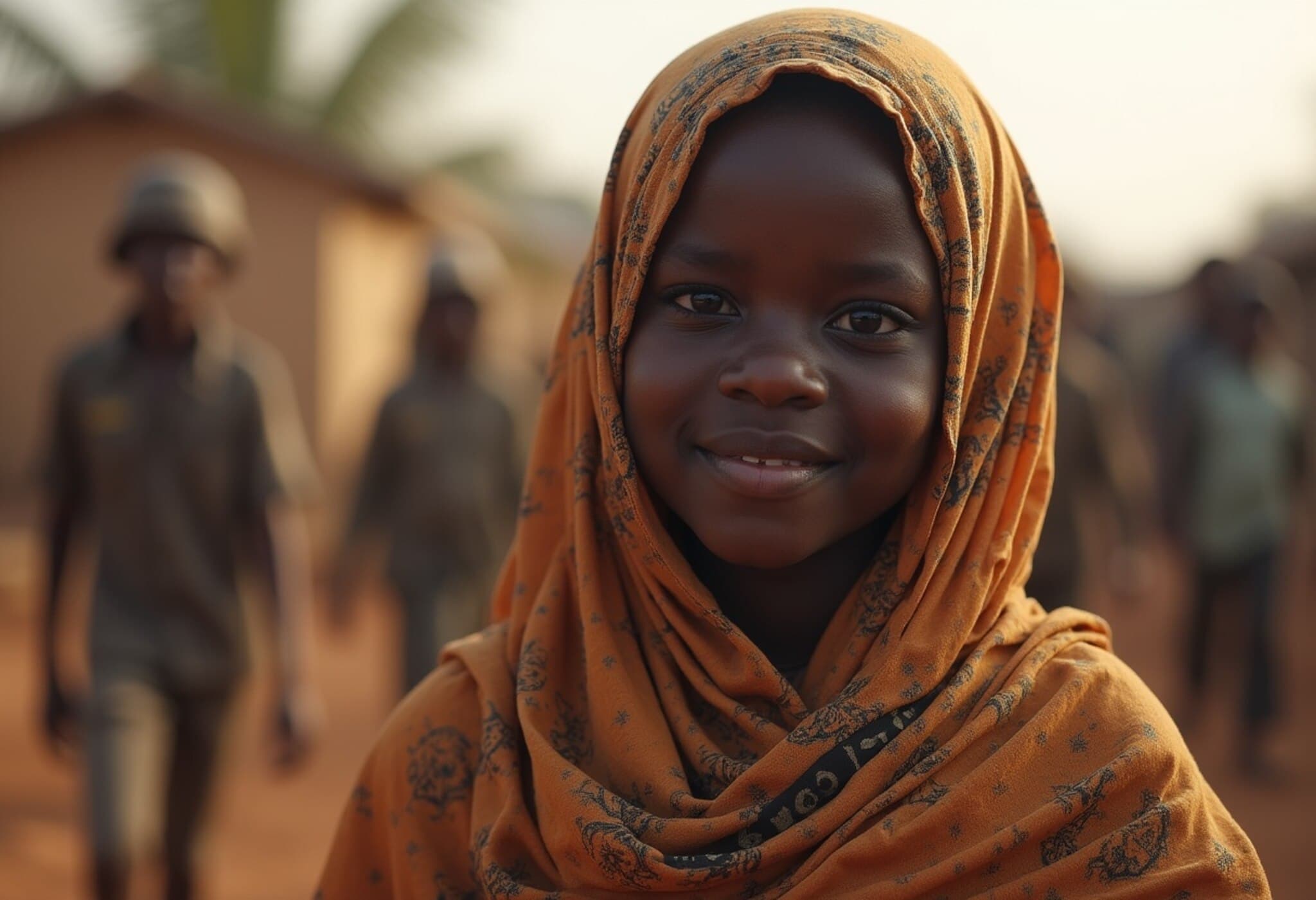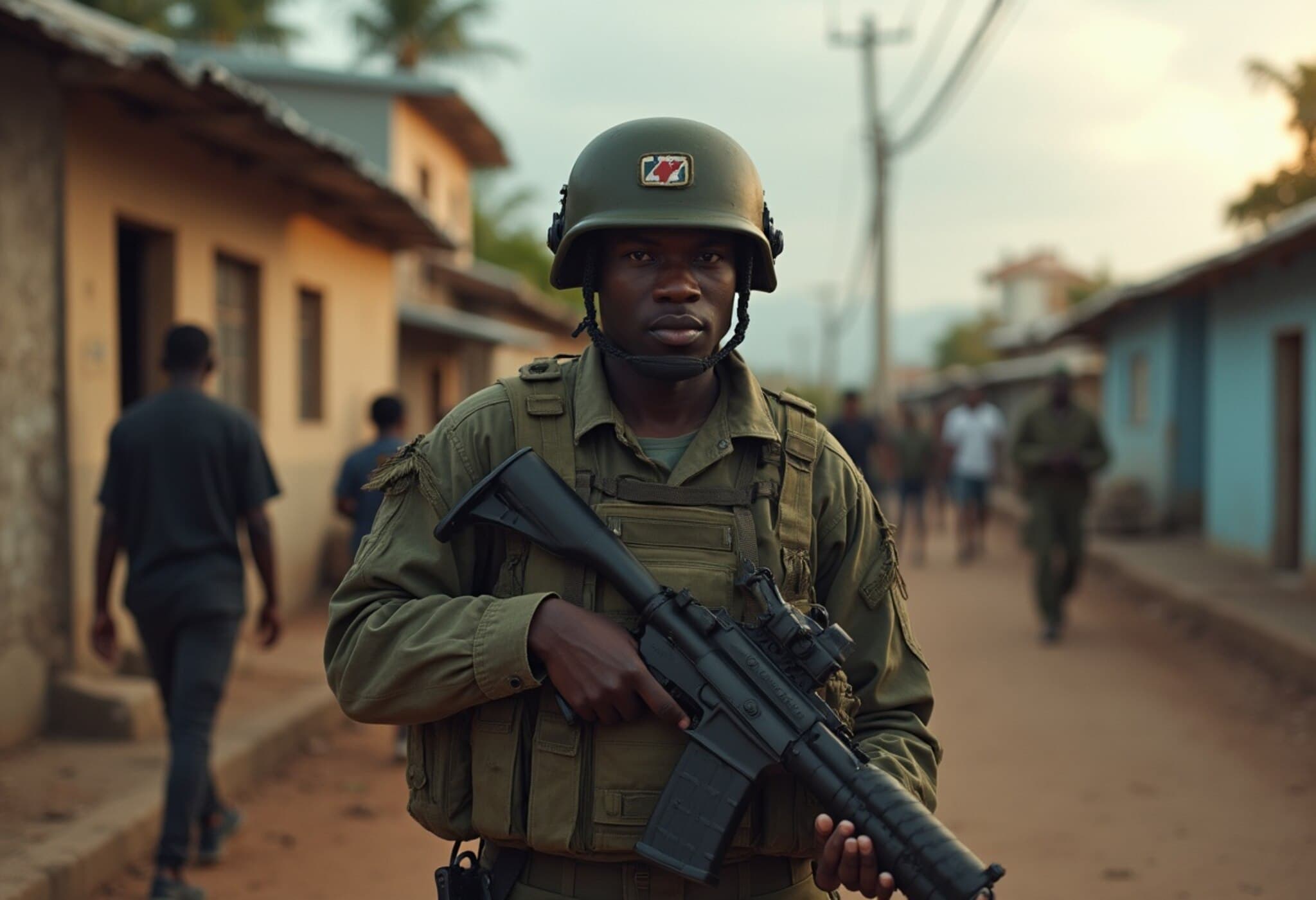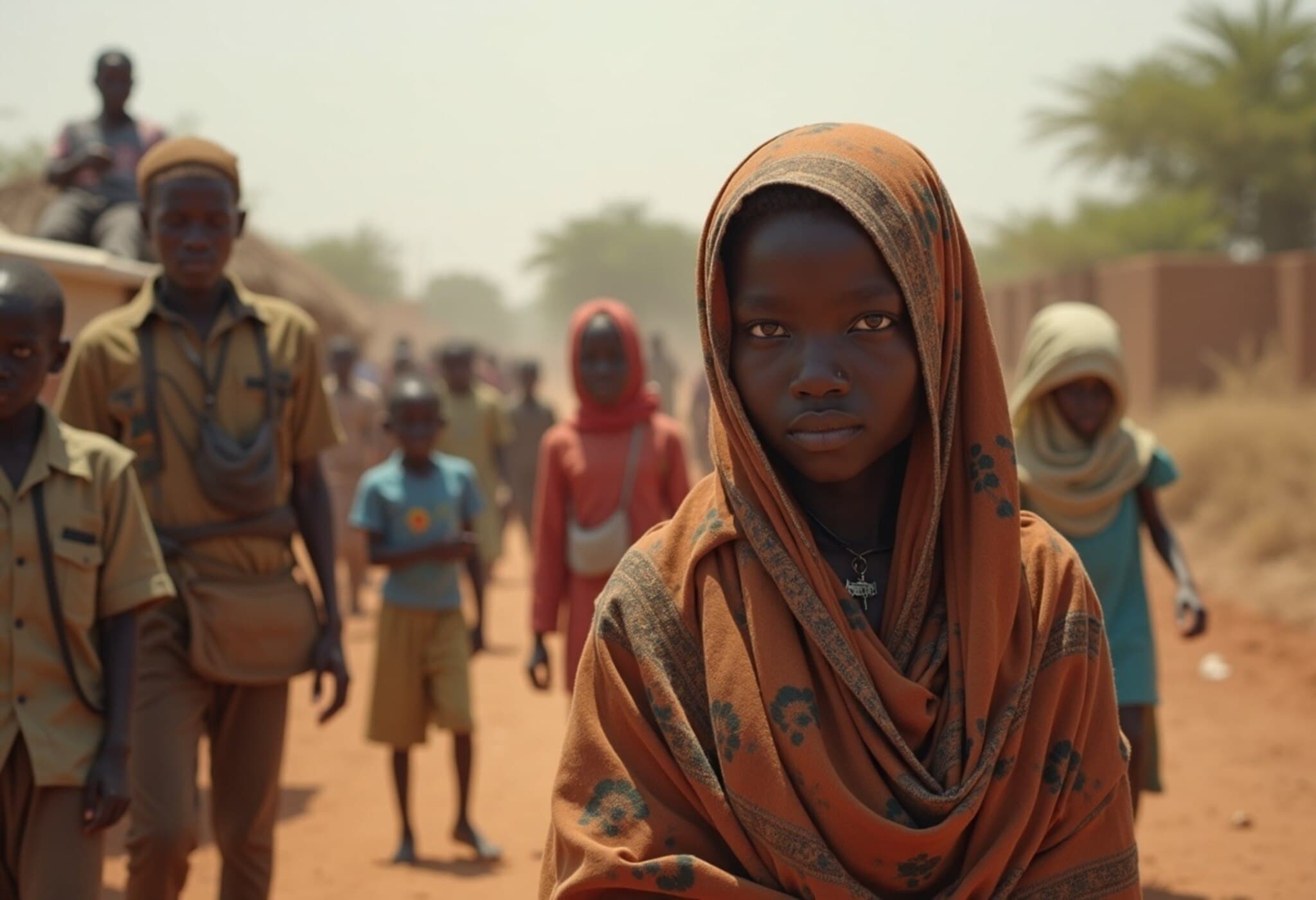Military Airstrikes Free 76 Hostages, Including Children, in Northwest Nigeria
In a significant breakthrough against a surge in violent kidnappings, Nigeria’s military successfully conducted precision airstrikes that led to the rescue of at least 76 hostages, among them children. The operation was centered near Pauwa Hill in the Kankara district of Katsina State, a region long plagued by militant kidnappings and communal violence.
Details of the Operation and Context
According to Nasir Mu’azu, the commissioner for internal security of Katsina State, the airstrikes targeted notorious kidnappers believed to be responsible for a recent deadly assault on a mosque in Unguwan Mantau. That attack tragically claimed the lives of at least 50 people and resulted in multiple abductions.
“While we celebrate the successful rescue of these individuals, it is heartbreaking to report that one child lost his life during the ordeal,” Mu’azu stated, underscoring the human cost of the ongoing violence.
Rising Violence and Its Root Causes
The northwest and north-central regions of Nigeria have experienced escalating violence in recent months. Much of this stems from tension over limited natural resources, such as land and water, which frequently fuels clashes between farmers and herders.
- Last month alone, a brutal attack in north-central Nigeria resulted in 150 fatalities.
- Experts note that armed groups, including herdsmen militias, have acquired more sophisticated weaponry, intensifying the conflict.
These dynamics complicate the government’s efforts to maintain peace and security in one of Africa’s most populous countries.
Strategic Efforts by Nigerian Authorities
The Nigerian military's recent air assault forms part of a wider strategy aimed at dismantling criminal networks, disrupting militant hideouts, and ending the cycles of kidnapping, killings, and extortion that have severely impacted innocent civilians.
On the same day, additional airstrikes in the northwest reportedly killed 35 militants, highlighting the military’s intensified campaign against these armed factions.
Broader Conflict and Humanitarian Impact
Nigeria is grappling with multi-faceted security challenges. Beyond the northwest, a long-standing insurgency in the northeast has resulted in approximately 35,000 civilian deaths and displaced over 2 million people, according to United Nations estimates.
This complex landscape not only threatens Nigeria's territorial integrity but also exacerbates humanitarian crises, leaving communities vulnerable and infrastructure strained.
Expert Commentary and Regional Implications
Security analysts emphasize that Nigeria's counterterrorism approach must blend military precision with socio-economic interventions addressing resource scarcity and ethnic tensions. Without sustainable conflict resolution mechanisms, cycles of violence risk perpetuating.
Moreover, the international community’s support, ranging from intelligence-sharing to humanitarian aid, plays a critical role in stabilizing Nigeria’s volatile regions.
Looking Forward
While President Bola Tinubu’s administration has ramped up military offensives against jihadist insurgents, these recent developments underscore the ongoing challenges that remain. The successful hostage rescue offers a glimmer of hope but is also a stark reminder of the human toll behind the headlines.
Editor’s Note
This operation highlights the complex interplay between military action and underlying socio-political tensions driving Nigeria’s security crisis. We encourage readers to consider how addressing root causes—such as resource competition and governance deficits—can be as vital as tactical victories on the ground. As Nigeria navigates these challenges, the resilience of affected communities and the effectiveness of multifaceted government strategies will be critical in shaping the country's future stability.










